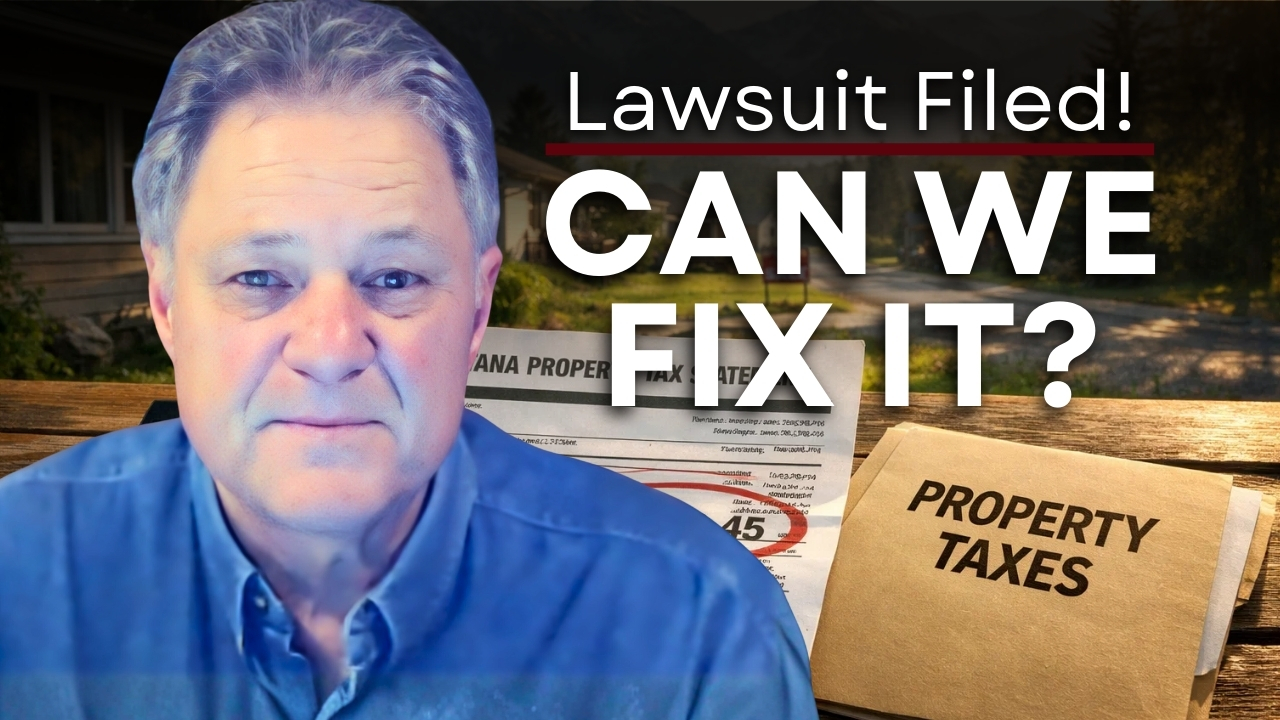Looking to Buy a Home? Search the entire MLS for homes located in the Flathead Valley.
Home Search
In response to the recent property reappraisal in Montana, I’ve had numerous conversations with individuals who are concerned about the implications of rising property values on their taxes. Many are left wondering whether they should protest the appraisal and how it might affect their tax bills. In this blog post, we’ll address some common questions and shed light on the connection between property reappraisal, tax values, and your overall tax burden.
Property reappraisals, conducted once every two years in Montana, can lead to significant changes in property values. However, the increase in property value doesn’t necessarily mean an immediate rise in property taxes. Despite the spike in appraised values, the key factor influencing your tax liability lies in the local budgets established by schools, counties, states, and cities.
It’s important to clarify that property reappraisals don’t directly determine your tax rate. The tax rate is determined by the budgets set by various governmental entities. Their annual budgeting processes dictate how much revenue they need, which then influences the mill rate used to calculate property taxes. Therefore, while your property’s value might increase, your taxes might not follow the same trajectory.
To address concerns about rising taxes, it’s recommended to engage with the organizations responsible for budget allocation and tax rates. This includes reaching out to boards, commissions, and other relevant bodies. By participating in these conversations, you can voice your opinions about tax rates and advocate for transparency in the taxation process.
Despite the initial apprehensions about rising property values, there have been positive developments in some areas. Communities like Kalispell and Whitefish have managed to establish budgets that have even led to a decrease in property taxes for certain residents. The importance of public engagement in these matters cannot be overstated, as it plays a crucial role in influencing budget decisions.
The intricacies of property reappraisal and its connection to taxation can be confusing. If you find yourself with questions or concerns about how these processes impact you, there is a wealth of information available. Additionally, don’t hesitate to reach out to professionals who can provide insights tailored to your situation.
While property reappraisal can spark uncertainty, it’s important to remember that the changes in appraised values don’t directly translate to increased taxes. Engaging with the organizations responsible for budget decisions and tax rates can lead to a better understanding of how your taxes are determined. By actively participating in these discussions, you contribute to a more transparent and fair taxation process that benefits the community as a whole. If you have any questions about this topic or need help with your real estate plans, call or email me. I’m always willing to help.
-
Let’s Explore Your Selling Options. We will help you sell your home at the price and terms you want. Schedule your Selling Strategy Call
-
Property Value Estimate. Know the Value of your property with real data and experience. We can help you make an informed decision. Schedule a Home Valuation Consultation
-
Looking to Buy a Home or Land?. Search the entire MLS for homes and land in the Flathead Valley. Home Search
-
E-Newsletter. Get our latest Q&A, insights, and market updates to make smarter decisions. Subscribe Now




